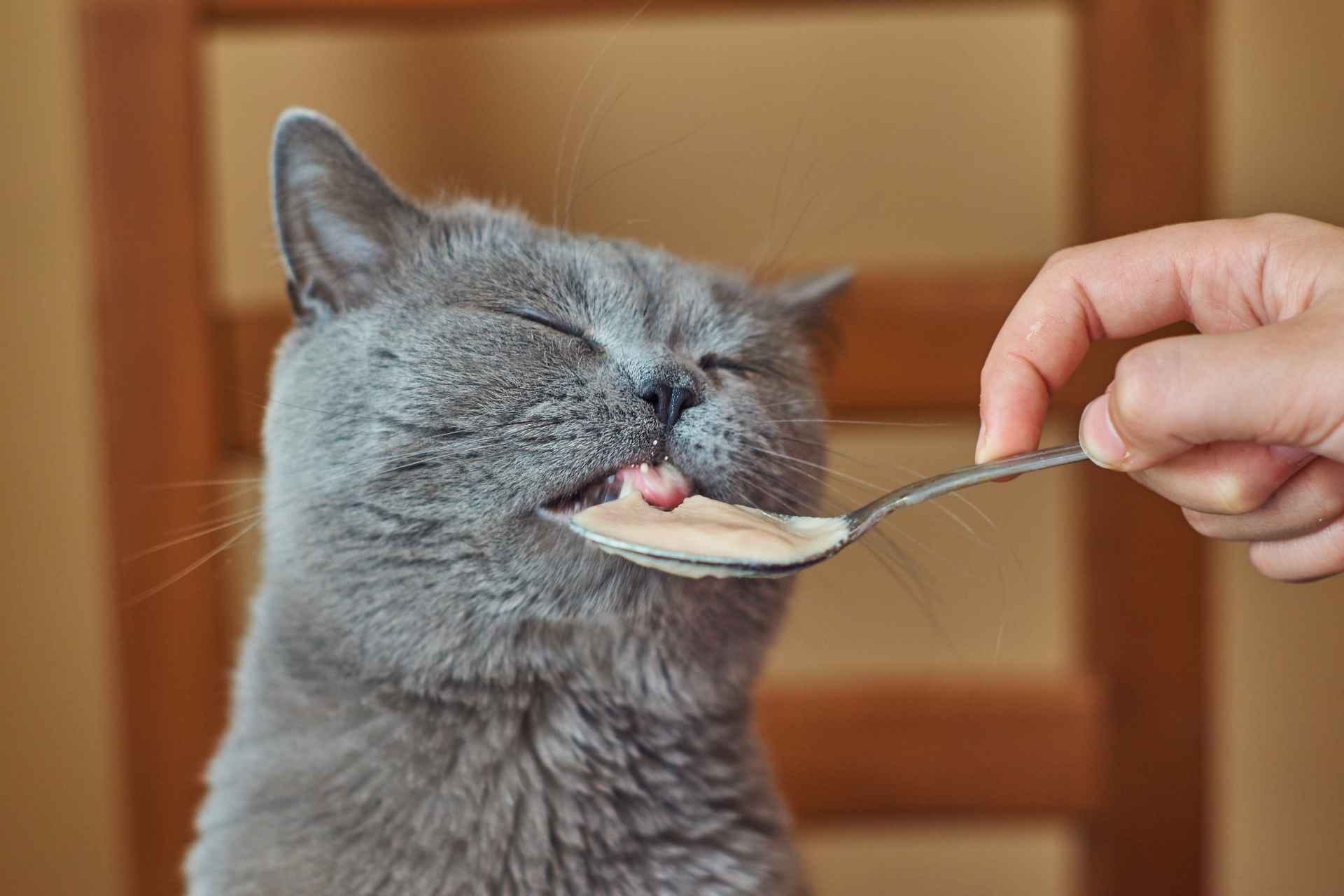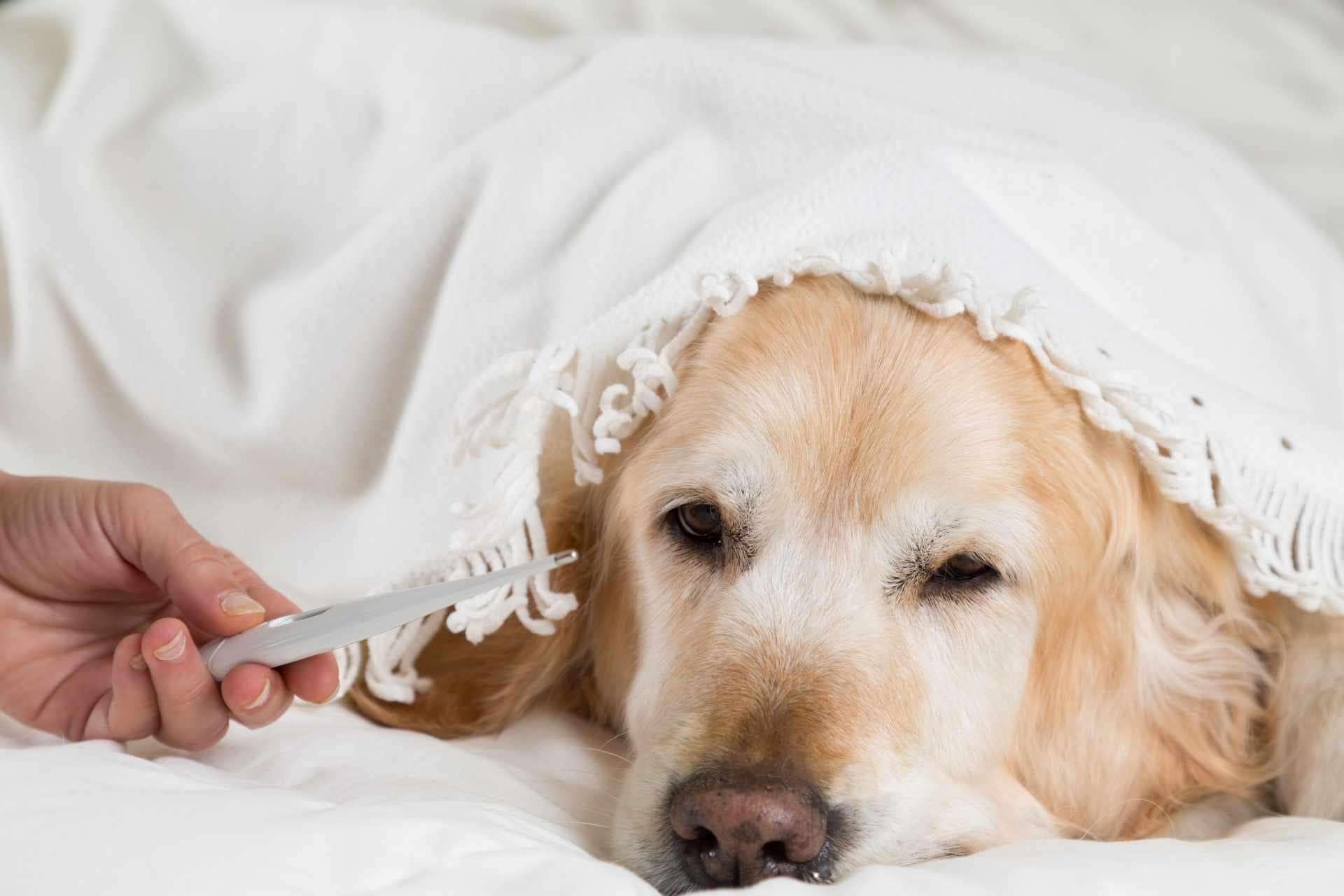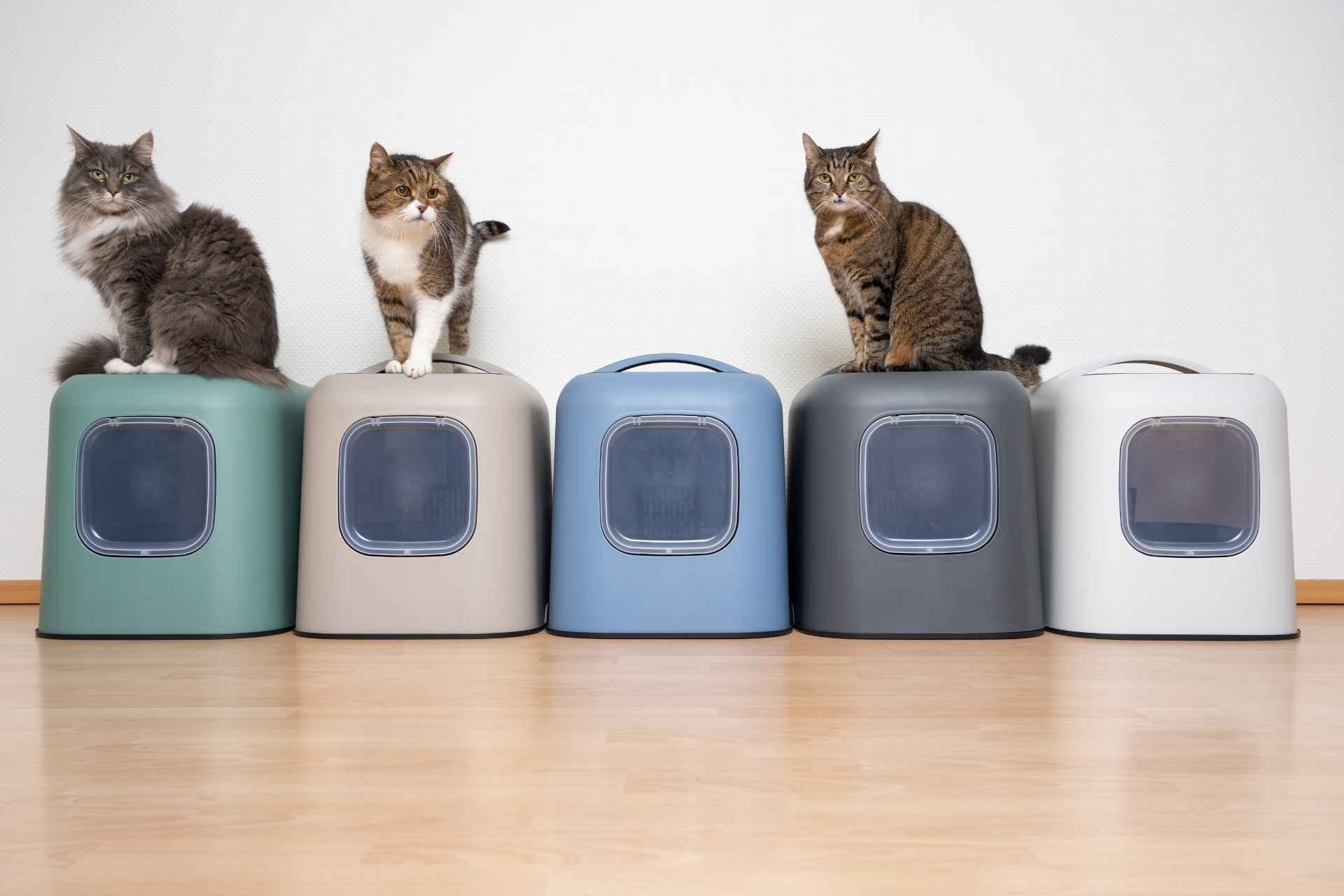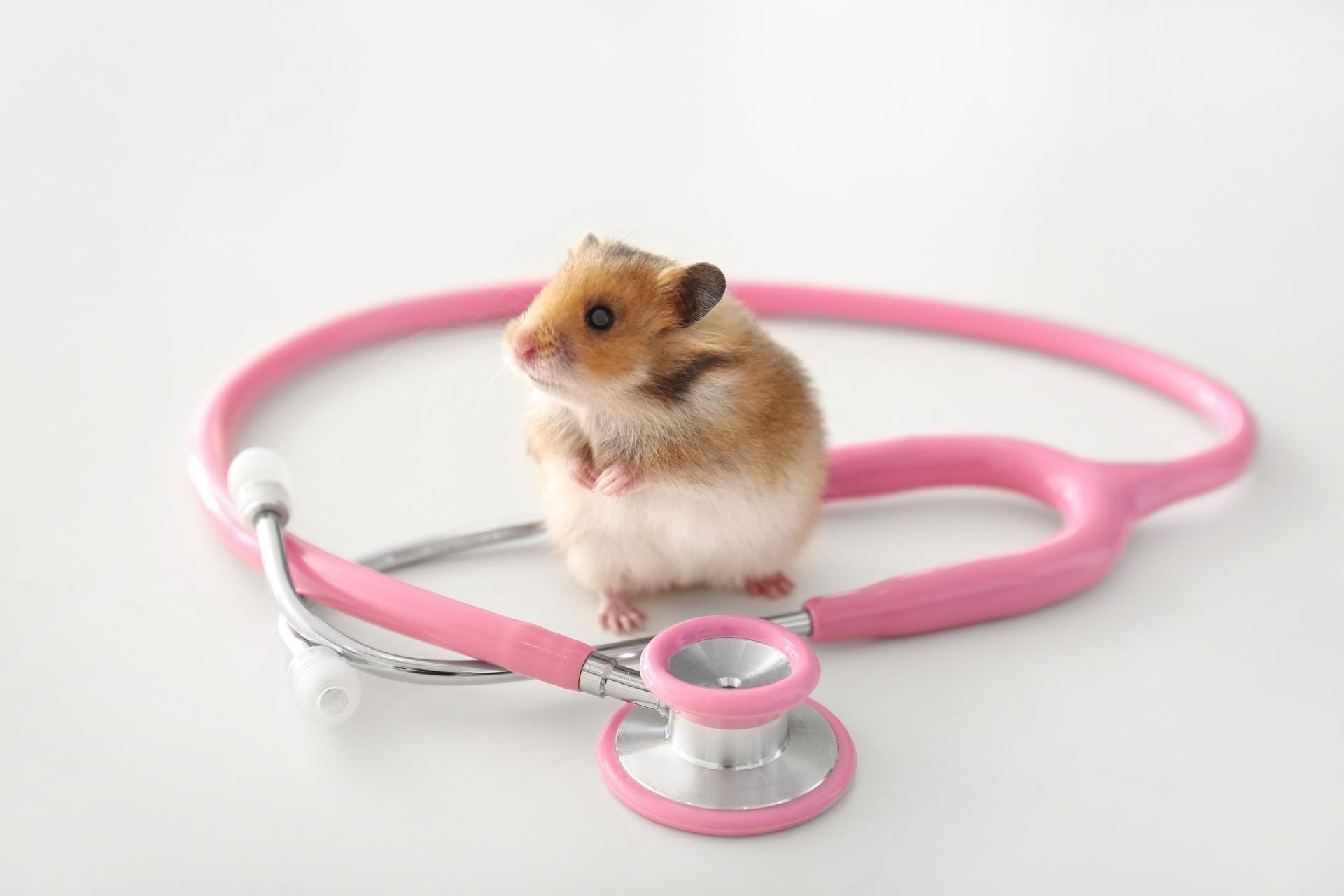No one enjoys being constipated—least of all, your cat! If you’ve noticed your feline buddy struggling to use the litter box, don’t panic. Constipation in cats is common, and luckily, there are plenty of natural remedies you can try at home to help ease the discomfort. From dietary tweaks to simple ingredients you probably already have in your kitchen, there are easy ways to get things moving smoothly again. So, let’s dive in and talk about how you can help your cat with constipation using safe, effective home remedies.
Signs that your cat is constipated
First things first, how do you know your cat is constipated? The signs aren’t always as obvious as you’d think. Cats are pretty private creatures, and they might not make a big fuss, but if you’ve noticed them straining in the litter box, passing hard or dry stools, or avoiding the box altogether, constipation could be the issue.
Your normally happy cat may seem a bit more irritable or uncomfortable. They might even be hiding more often or losing their appetite. These are all telltale signs. And if you’re thinking, “Wait, how often should my cat poop?”—you’re not alone. Most cats should go once every 24-36 hours. For more details on that, you can check out the complete guide to how often cats should poop to get a better understanding of your cat’s habits.
Natural remedies to relieve cat constipation at home
If your cat is showing signs of constipation, there’s no need to rush to the vet just yet. There are several home remedies you can try, especially for mild cases. If you’re unsure whether your cat’s symptoms point to constipation or something more serious, check out our detailed guide on how to help a constipated cat: symptoms, causes, and remedies to ensure you’re on the right track.
Increase hydration to boost digestion
Dehydration is a major culprit when it comes to constipation. Cats are notoriously bad at drinking water (I mean, they’re basically desert creatures), so adding extra hydration to their diet can be a game-changer. Wet food is a fantastic option for increasing their water intake, and trust me, your cat will appreciate the gourmet touch.
You can also try adding a splash of water to their dry food or investing in a cat fountain. Cats love running water (it’s like their version of a fancy spa), and these fountains can encourage them to drink more.
Adjust your cat’s diet for better bowel movement
Fiber is your cat’s best friend when it comes to regular pooping. Adding a bit of fiber to their diet can make a huge difference. One simple option is canned pumpkin—yes, the same stuff you use for pies. Just make sure it’s pure pumpkin with no added sugars or spices. A teaspoon of canned pumpkin mixed with their food can help keep their stools soft and easy to pass. 🧡
If you’re not up for the math involved in adjusting their food portions, Petme has an online calculator to help you balance dry and wet food for your cat. It’s an easy way to ensure your cat is getting the right mix to avoid constipation in the future.
Recipe: Pumpkin purée for constipated cats
- Ingredients:
- 1 teaspoon of canned, unsweetened pumpkin
- Your cat’s usual food
- Instructions:
- Mix the pumpkin into your cat’s wet or dry food. Start with a small amount (about 1 teaspoon) once a day and monitor their stool.
- You can increase the amount slightly if needed, but don’t overdo it—too much fiber can have the opposite effect!
Probiotic supplements for digestive health
Probiotics are another great way to keep your cat’s digestive system in check. These helpful bacteria support gut health and can ease constipation. You can find probiotics specifically formulated for cats at most pet stores. Just sprinkle a little into their food and let the good bacteria work their magic.
Natural oils that can help with cat constipation
Oils like olive oil and fish oil are popular natural remedies for cat constipation. They work by lubricating the digestive system, making it easier for your cat to pass stool.
Can you give your cat olive oil for constipation?
Yes, but use it sparingly! Olive oil can be an effective remedy for mild constipation. A half teaspoon mixed into your cat’s food can help lubricate their intestines, allowing for easier passage of stool. Just don’t give them too much—olive oil is high in fat, and you don’t want your kitty to pack on the pounds.
Recipe: Olive oil and tuna mix for constipated cats
- Ingredients:
- 1/2 teaspoon of olive oil
- A small amount of canned tuna (in water, not oil)
- Instructions:
- Mix the olive oil into the tuna and serve it to your cat as a treat. This should be a one-time remedy, so don’t make it a regular thing.
- Monitor your cat afterward to see if they have an easier time using the litter box.
Other oils for constipation relief
Fish oil, like salmon oil, is another good option. It provides a source of healthy fats while also acting as a lubricant for the digestive tract. Plus, cats love the taste, so it’s an easy addition to their diet.
Your inbox needs this
Subscribe to the Petme newsletter for weekly updates with pet care tips, tales, and member-only perks.

Foods that help cats poop naturally
When it comes to food, a diet rich in fiber and moisture can make all the difference. While we’ve already mentioned pumpkin, there are other foods that can help your cat get back on track.
High-fiber foods for digestive regularity
Look for specialized high-fiber cat foods or even certain vegetables (safe ones like pureed carrots or green beans). These can aid in digestion and prevent constipation. Always introduce new foods gradually to avoid upsetting your cat’s stomach.
Is tuna good for constipated cats?
Tuna can be helpful in moderation, especially when combined with a bit of olive oil, as we mentioned earlier. Just don’t go overboard with tuna since too much can lead to mercury poisoning. Keep it as an occasional treat to keep things moving.
Can milk help a constipated cat?
It’s a common misconception that milk can help with constipation. In fact, many cats are lactose intolerant, and milk can actually make things worse, leading to diarrhea. Instead, stick to safer alternatives like wet food or fiber-rich options.
Lifestyle changes to prevent cat constipation
Beyond food, there are a few lifestyle changes you can make to keep your cat’s digestion healthy and regular.
Increase exercise and playtime
Cats are natural hunters, but let’s be honest—most of them spend more time lounging around than chasing mice. Regular playtime can help stimulate digestion and prevent constipation. Try interactive toys, laser pointers, or even just a good old-fashioned string toy to get your cat moving.
Brush regularly to avoid hairballs
Too much grooming leads to hair buildup, which can clog up your cat’s digestive system. Regular brushing can prevent hairballs and reduce the risk of constipation. Plus, it’s a great bonding activity (even if your cat pretends they hate it). 😼
Reduce stress and create a calm environment
Stress is a sneaky cause of constipation in cats. Changes in their routine, new pets, or even just loud noises can make them anxious, leading to digestive issues. Try to keep their environment calm and consistent to avoid these stress-related problems.
When to see a vet for your cat’s constipation
If you’ve tried these home remedies and your cat is still struggling, it’s time to consult your vet. Constipation that lasts more than 48-72 hours, or is accompanied by vomiting or lethargy, may signal a more serious problem like a blockage or megacolon.
Your vet might recommend diagnostic tests, medication, or even perform an enema (which you should never attempt at home).
Conclusion: relieving cat constipation naturally
Home remedies like adding fiber, increasing hydration, and giving your cat a little olive oil can work wonders for mild constipation. However, if your cat’s symptoms persist, don’t hesitate to seek veterinary care. Regular exercise, a fiber-rich diet, and managing stress can all help prevent constipation in the future.
Want more tips on keeping your cat healthy? Check out our article on natural remedies for cat health to keep your feline feeling their best.
FAQs
1. Can you give a cat olive oil for constipation?
Yes, a small amount of olive oil (about 1/2 teaspoon) mixed with food can help relieve mild constipation. Always consult your vet for persistent issues.
2. What food helps cats poop?
Canned pumpkin, wet food, and high-fiber cat food are great options for helping cats poop more regularly.
3. Is tuna good for constipated cats?
Tuna can help with hydration and may stimulate bowel movements, but use it sparingly to avoid digestive upset and potential mercury exposure.
4. Can milk help a constipated cat?
No, milk can cause diarrhea in cats, especially those that are lactose intolerant. It’s not recommended for constipation relief.
5. What oil helps cats with constipation?
Olive oil and fish oil are safe options that can help lubricate the digestive tract and relieve constipation in cats. Always consult your vet before trying any home remedies.











